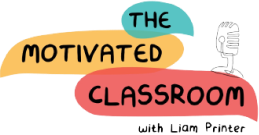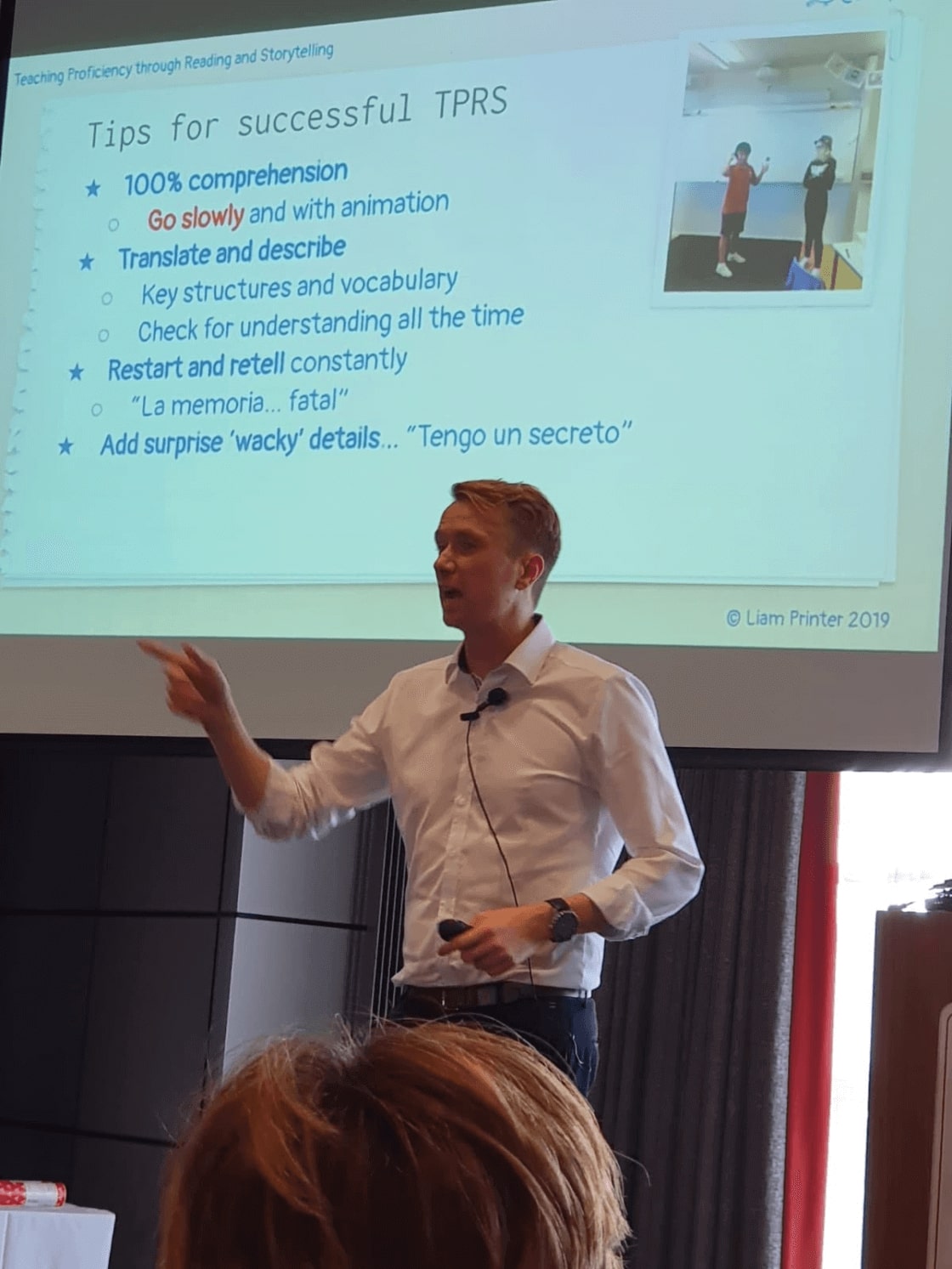During the summer, when reading ‘Creating cultures of thinking’ by Ron Ritchart, I came across ‘Individual Feedback Sessions’. In the book the teacher claimed that these sessions really helped him to foster long-term, meaningful relationships with his students that had a hugely positive impact on their achievement outcomes and also meant he never had Year 13 (equivalent to Grade 12 or the students in their final year of High School) work to mark at the weekends. Obviously, I want my students to achieve their potential and I also know that the research is pretty robust about the importance of building strong bonds and relationships in the classroom… but ‘no marking at the weekend?’, now that really made me sit up and listen.
In their final two years at our school, our Year 12 and 13’s are preparing for the International Baccalaureate final exams as part of the IB Diploma Programme. For Spanish B (language acquisition) this means they have approximately 12-15 different ‘text types’ that they must be familiar with as any can come up in the exam. In total, between the written assignment, and the written exam paper, their ability to write effectively in Spanish counts for 45-50% of their final mark. Whether I agree with that weighting or not, these are the confines, within which I teach. We would all love to just teach for the love of learning and not have final exams to worry about or prepare students for but that is simply not the reality for the vast majority of High School teachers. We have a responsibility to the students to prepare them for these final examinations whether we like it or not. Nonetheless, I am a strong believer in never allowing the ‘exam’ to dictate our classroom. I trust that if we get them motivated and loving the language, then achieving their own unique potential will come naturally and it will not feel like all we do is practice for examinations… but this is another blog post in itself!
Until this year, my Year 12 or 13’s would usually write a different text types every 2 weeks. I would take them home and read them, and then provide them feedback using Geoff Petty’s ‘Medals and Missions’ format. Before they handed in their work, they were required to fill out a ‘proforma’ which is essentially a self-evaluation that includes my two specific goals from the previous task. I always felt this system worked really well, the students said it was very beneficial and I saw a real difference in their writing over time. The proforma with my two goals gave them concrete objectives to work on, the self-evaluation made them accountable for following guidelines and the ‘medals and missions’ clearly highlighted things they did well and areas for improvement. However, the ‘proforma’ was often forgotten or left until last and only done in a rush on the day it was due. In addition, sometimes they clearly hadn’t read my objectives from the previous piece until it was too late, which was, of course, frustrating for me as the teacher given that I felt like I was spending a lot of time marking their work and writing their objectives, medals and missions.
In step ‘Individual Feedback Sessions’ (IFS) to the rescue. First and foremost, before you ask, yes they do take time and yes it would be a challenge to do in a very big class but after a month of using them, I’m convinced the time investment is worth it. Students still complete a ‘proforma’ but instead of handing this in with their written work, they bring it with them to their IFS along with a printed copy of their text type. The schedule for each student’s IFS is negotiated with the teacher in advance in order to find a time that works for everyone. No longer can there ever be any confusion about deadline dates and submission times for their work as it is always due during their IFS, which is at the same time on the same day every second week. As Spanish B texts are generally 400-600 words, my sessions with students are typically 10-15 minutes in length and take place during free periods if possible, or alternatively during break or after school.
The biggest change for me with this system is that I can already see a strong relationship and bond beginning to grow with individual students as you sit with them one-on-one and chat. In addition, it seems having to sit down beside the teacher and discuss their work increases their accountability too. They always have their text printed and proforma in hand as they know if they show up without it, then I have nothing to mark. I’ve also noted that my two specific objectives are being met more frequently, probably because they know I will be beside them reading their text and will immediately know if they haven’t done them.
There are some further, notable, spin-off advantages to this too. First of all, I never have any Year 12 or 13 work home with me in the evening any longer, it is all done there and then with the student beside me. In addition, the students themselves write their Medals and Missions while I sit next to them after we’ve discussed their work. Finally, and for me this is actually a huge benefit, they are getting 15 minutes of chatting in Spanish with the teacher one-on-one, which is also boosting their oral fluency and confidence. By the time those dreaded oral exams roll round they will be very comfortable and used to talking to me in Spanish.
If you have very big classes, you could do them with pairs of students but if possible I thoroughly recommend the time investment as in the long-term, it will be this strong relationship with the student that makes the difference.

